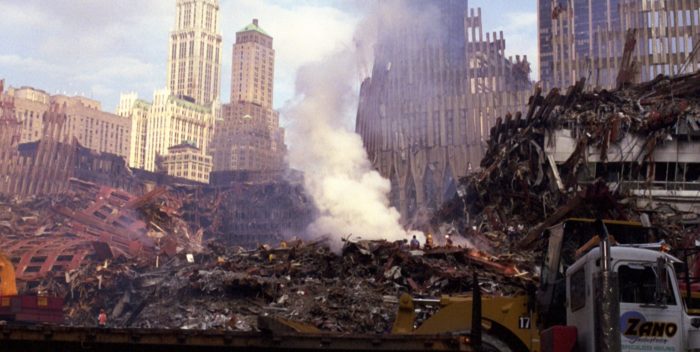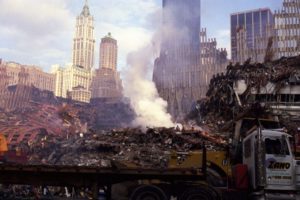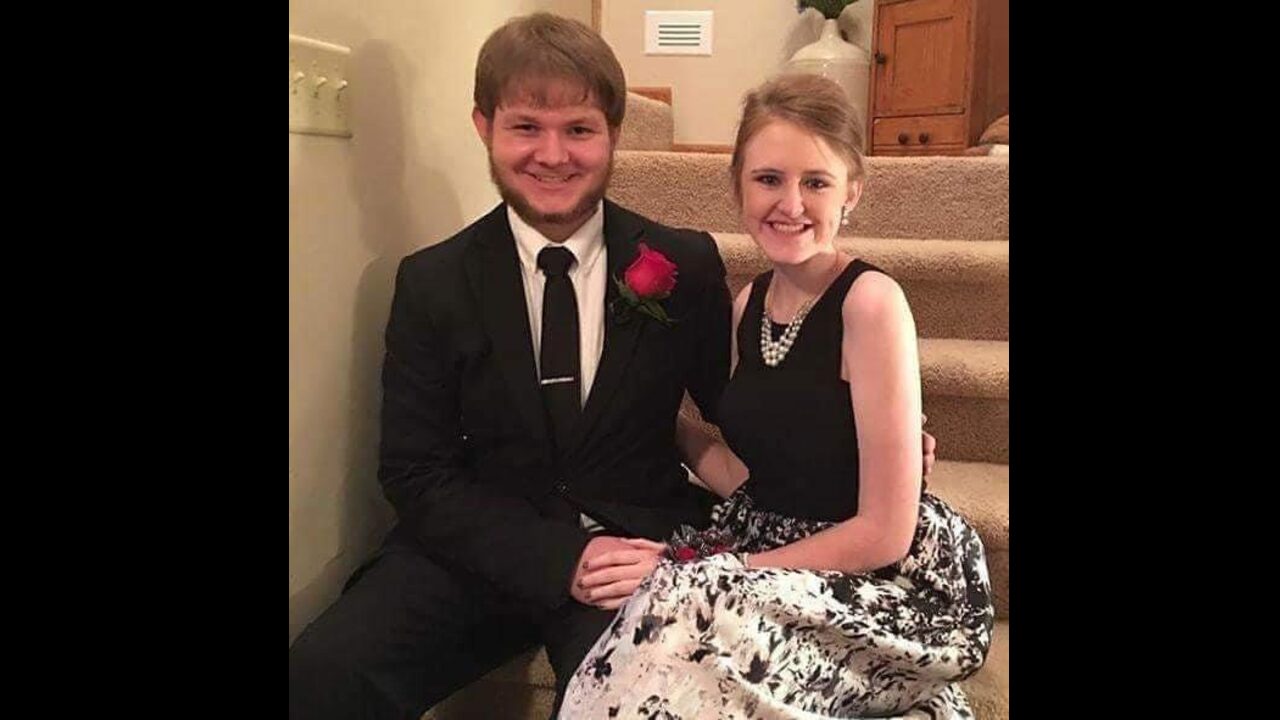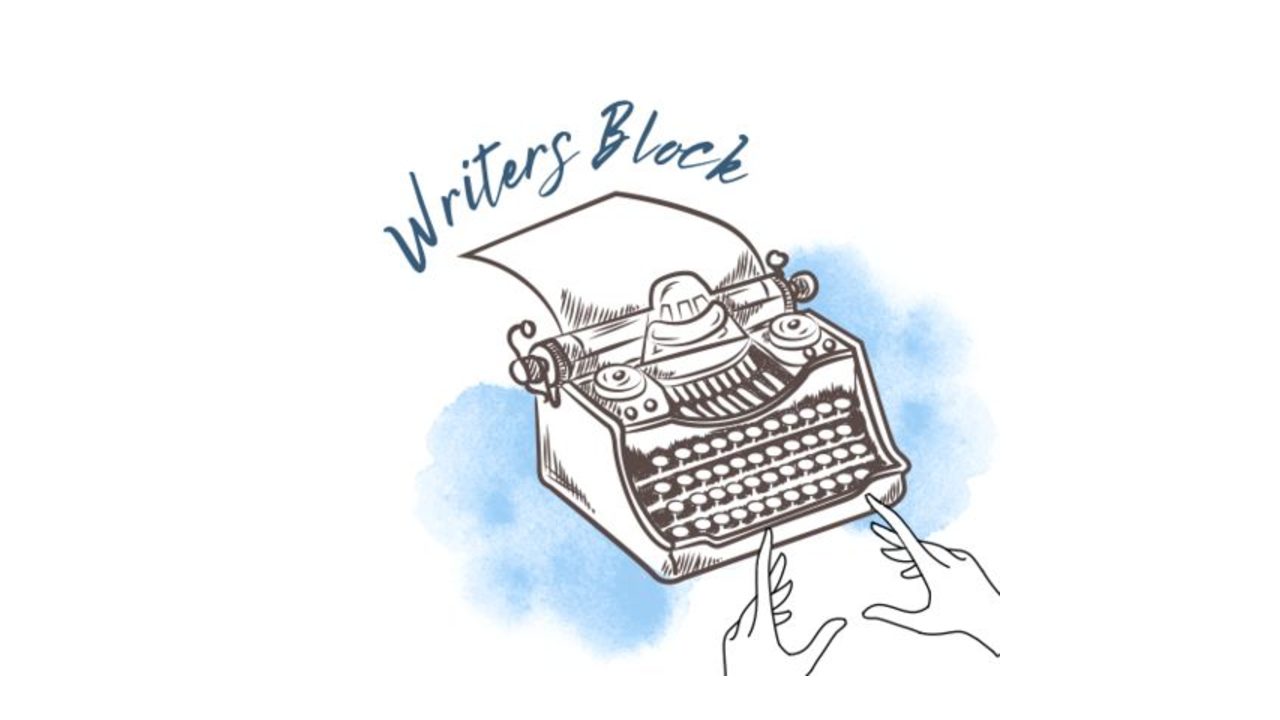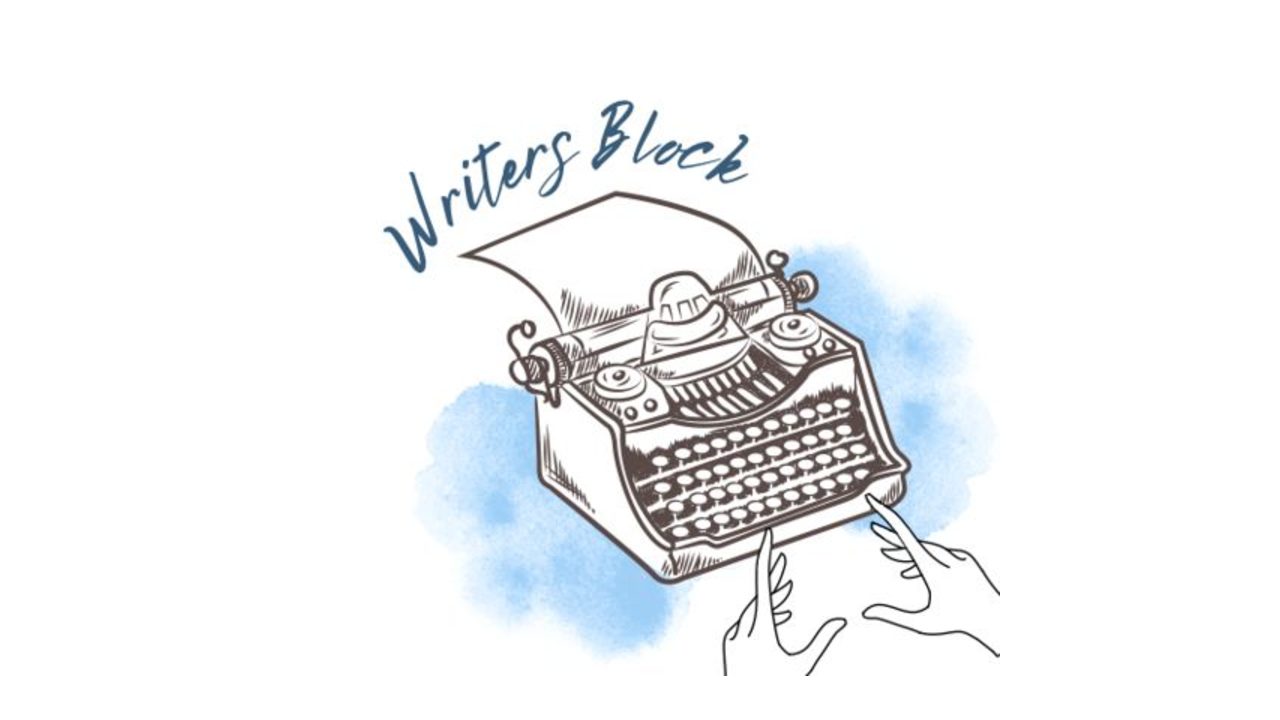Remembering 9/11, 15 Years Later
by Tobin Beck
Fifteen years ago 19 men hijacked four airliners and turned them into flying weapons that killed nearly 3,000 people in the worst terror attack on American soil in U.S. history. The shock, pain, anger, grief and resolve from that attack brought us together for a time and changed us. Some changes have been permanent, while others have proven to be temporary.
I was on my way from home in Northern Virginia to the downtown Washington, D.C., United Press International newsroom one block northeast of the White House on that Tuesday morning, September 11, 2001. I was on the Metro Blue Line, Washington’s light rail/subway system, when the first plane, American Flight 11, hit the north tower of the World Trade Center in New York City at 8:45 a.m. I was just getting to the newsroom when a second plane, United Flight 175, struck the south tower of the trade center at 9:03. We didn’t know right away that the planes were commercial airliners. One plane hitting the WTC might have been an accident, but two hitting the twin towers clearly seemed to be some kind of terrorist incident. As UPI executive editor, I took over direction of UPI’s coverage of the crisis—deciding how we would cover it, focusing on Washington and the national policy response while also covering the rescue response and human tragedy at the Pentagon, in New York City and in Pennsylvania—and I remember the day’s events vividly, as if time had slowed down.
My wife, Ellen, was behind me by about 30 minutes in heading downtown that day. As she was on the Blue Line at National Airport, the last stop before the Pentagon, she saw the black plume of smoke that rose from where American Flight 77 had crashed into the Pentagon at 9:39 a.m. The Blue Line shut down at National Airport—there would be no stop at the Pentagon. As reporters in our Washington newsroom and in the field in New York and DC worked to find out what was going on, the WTC south tower collapsed at 10:05. Five minutes later, although we didn’t immediately know it, United Flight 93 crashed in Pennsylvania as passengers tried to take back control of the plane from the men who had hijacked it. Twenty-three minutes later, at 10:28, the north tower of the WTC collapsed. In all, the attacks killed 2,996 people, including the hijackers.
I remember many things from that time 15 years ago—the questions about why someone would want to use airliners to attack U.S. civilians, the identification of Osama bin Laden as the mastermind behind the attacks, the decision to attack Afghanistan because the Taliban regime refused to surrender bin Laden, and the changes in our national defense strategy and government structure—the consolidation of many agencies into the Department of Homeland Security, for example—that resulted from 9/11.
But mostly I remember how we responded as Americans. I went up to New York City 10 days after the attacks to attend the funeral of a good friend who had died of a heart attack unrelated to 9/11. But while I was there I went to Ground Zero to report on the efforts to recover victims of the Twin Tower attacks. Fires still burned in the debris, and dust still hung thick in the air. The debris field covered 16 acres, and all seven buildings at the World Trade Center site had either been destroyed or severely damaged.
That night, near my hotel on Lexington Avenue in lower Manhattan, I walked past a long wooden construction fence on which relatives and friends of people who had been in the Twin Towers had posted photos and notes about their loved ones, labeling them as “missing.” People gathered in small groups in front of makeshift memorials of candles, flowers, and sometimes stuffed animals. Despite the slim odds of anyone being found alive in the debris, they had not given up hope. What struck me most was instead of being brusque, people genuinely were open to strangers, sharing a sense of a grieving family. People needed each other, for comfort and strength and to try to make some sense out of something incomprehensible.
I also noticed this feeling in DC, too. While there was some suspicion and fear of Muslims because of the realization that the hijackers adhered to a radical version of Islam, there were many people who were appalled that innocent Muslims—the vast majority, especially in the United States—might be singled out for retaliation. A woman who worked in our business office decided to drive over to a Northern Virginia mosque so she could let the Muslims there know that she was not afraid of them, considered them neighbors, and that we were all Americans.
At my church, Prince of Peace Lutheran in Springfield, Virginia, we had many families who were in the military. The Sunday after 9/11, one member, Air Force Major Charles Koehler, talked to the congregation about how 9/11 had made him feel a strong sense of mission, a mission to help people. “I don’t anticipate looking at life the same way again,” he said. “I want a sense of normalcy, but I don’t want to lose that sense of doing good things to help those who need it.”
I did not lose any friends or loved ones in the 9/11 attacks, and I can only try to imagine the pain felt by those who did. I hope and pray that their faith, family and friends have helped them gain some comfort and peace over the past decade.
Seward suffered its own tragedy a month after 9/11, with crash of a school bus carrying the Seward High School band. The crash killed three students and one adult, and injured 26 others. I also hope and pray for peace and comfort for those who suffered the loss of family and friends in that tragedy.
Tragedies have a way of bringing us together in our deepest moments of need and shared grief. From my perspective, thinking about 9/11 a decade and a half later, and from my experiences during more than 30 years as a journalist, I get the feeling that we seem to have forgotten who we are as Americans. In the stress of the current presidential election, and the uncertain economic climate, we forget that we still have the world’s largest economy and the world’s strongest military. We forget that historically we’ve been resilient and resourceful in the face of challenge, fair-minded, and compassionate to those in need. We forget that Americans who have different political views are not enemies but fellow citizens. We like to think of our nation as being exceptional. But we seem to have lost the ability to look at all sides of issues, to sit down and work together to discuss our common problems and come up with workable solutions, and to pitch in to help people when they need it.
Fifteen years ago, 9/11 tested us and brought out our best qualities as Americans. The challenge now and in the future is to pull together without needing a tragedy to remind us that we always have that ability, if we choose to use it.
Tobin Beck is an assistant professor of global studies and journalism at Concordia University. Ellen Beck is the faculty adviser to The Sower.
- Beck reported about the efforts to recover victims of the attacks at Ground Zero 10 days after 9/11. Photo by Tobin Beck.


